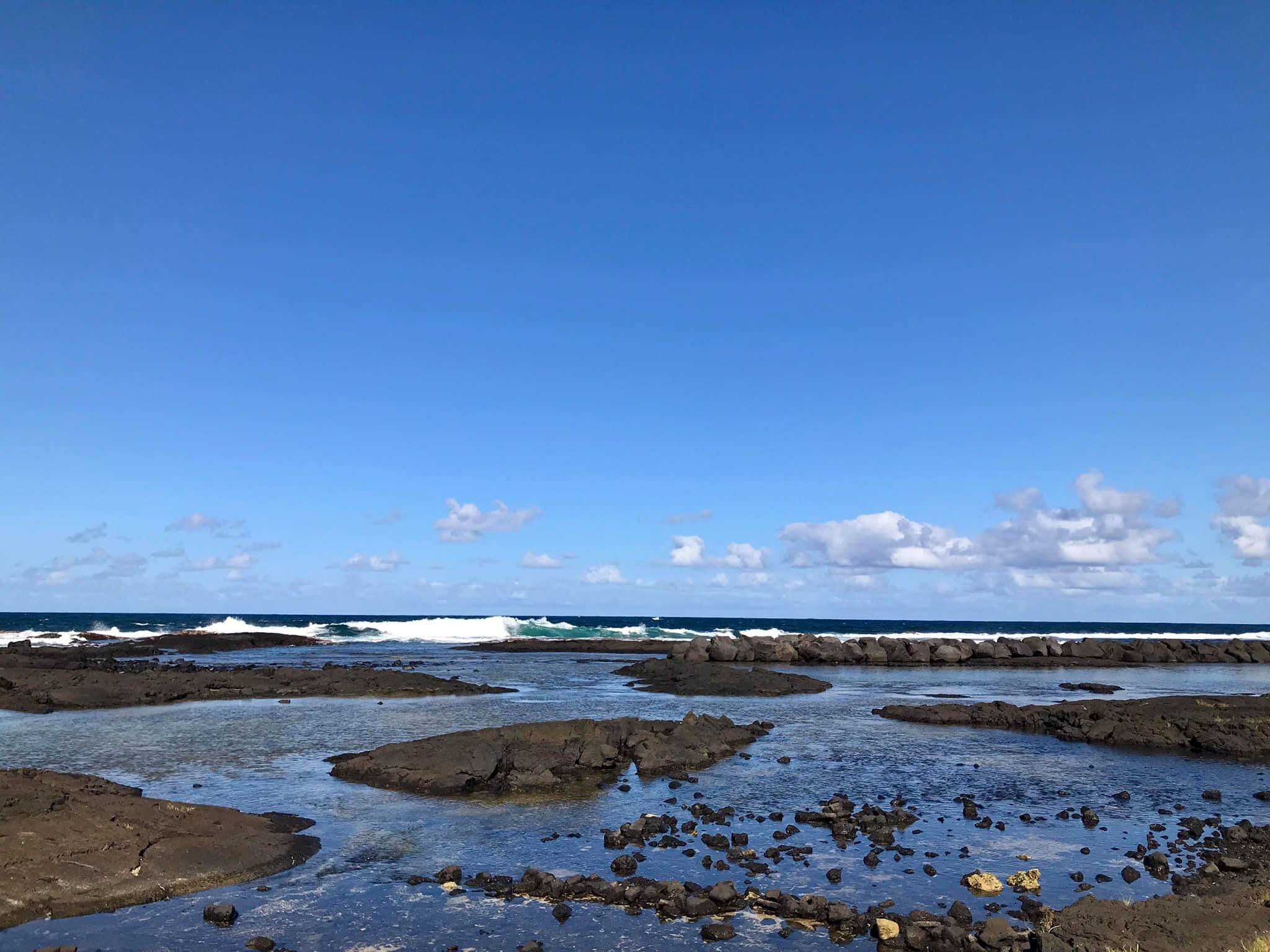
Hawaii Carbon Cashback
Carbon Cashback
Carbon Cashback is a policy designed to reduce emissions in an equitable manner by taxing fossil fuels and returning most of the revenue to Hawaii’s residents through a refundable tax credit.
Citizens’ Climate Lobby Hawaii and other environmental groups are in STRONG SUPPORT of Carbon Cashback and encourage anyone interested in policies that will effectively reduce carbon emissions while protecting our low-moderate income households to support this policy.
Frequently Asked Questions
We’ve compiled information to help clarify the carbon pricing and address questions about Carbon Cashback. Check out our Frequently Asked Questions for information that can help you better understand and share the rationale and benefits of the Carbon Cashback policy.
A price on carbon pollution will create the incentive to reduce our consumption of fossil fuel, increase demand for more sustainable energy and transportation, and reduce Hawaii’s carbon emissions.
Why price carbon in Hawaii?
In Hawaii, local leaders have recognized the potential of carbon pricing. To better understand its potential, the State Legislature commissioned a study to determine the impact and viability of implementing a carbon fee. The study includes a finding that “In the year 2045, emissions are 13% below 2045 baseline levels and 40% below 2019 levels.” Furthermore, the economy would not be harmed, as there would be only “small impacts on Hawai‘i’s overall economy.”
The study also mentioned the progressive nature of a carbon fee and dividend policy.
“… it provides more than proportional benefits to lower-income households. Making the policy progressive can be done through dividend payments of equal shares across households or payments more specifically targeting lower-income households.”
More recently, the Hawaii Tax Review Commission included carbon pricing as #1 on their list of recommendations in their 2020-2022 report. Their recommendation:
“Impose a carbon tax to incentivize moving away from carbon-based fuels and adopting clean energy. We recommend that the majority of the proceeds be rebated as a cashback to the residents of Hawaiʻi, with a disproportionate distribution to low-income households.”
How will carbon pricing affect Hawaii?
This video by Faith Action explains how a local carbon pricing and dividend policy can play an important role in helping Hawaii address its carbon emissions without creating a financial burden on residents.




